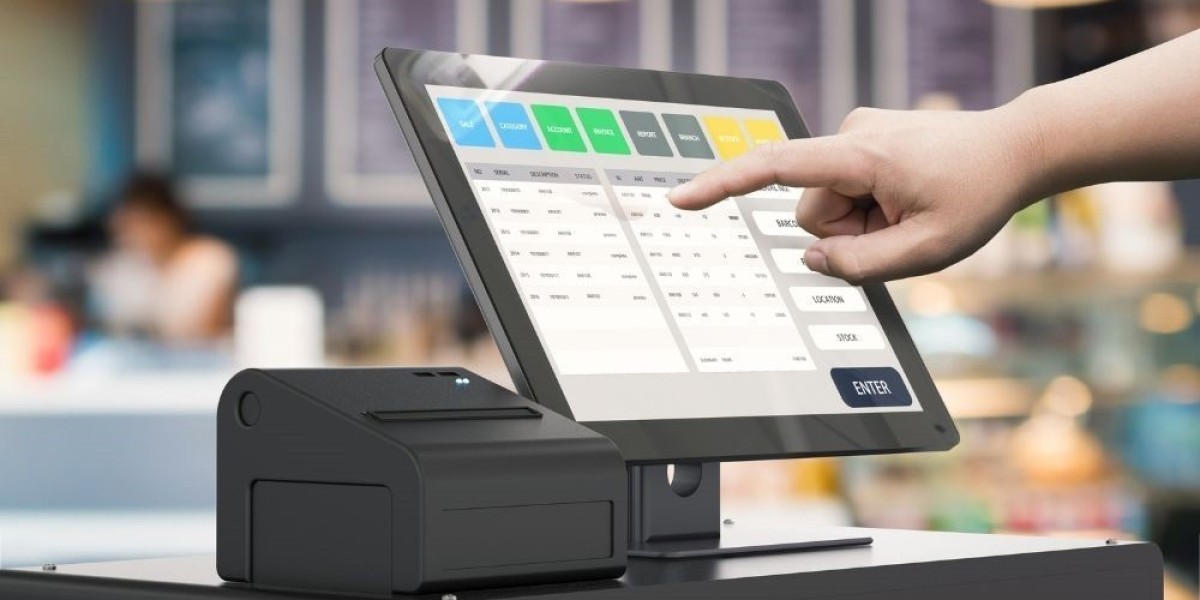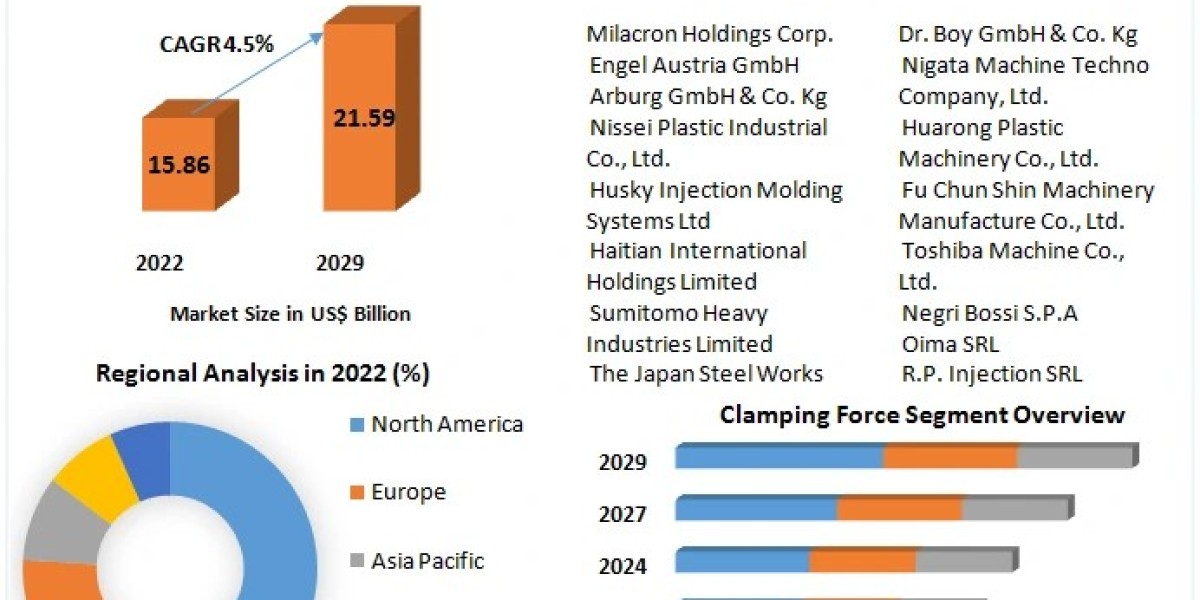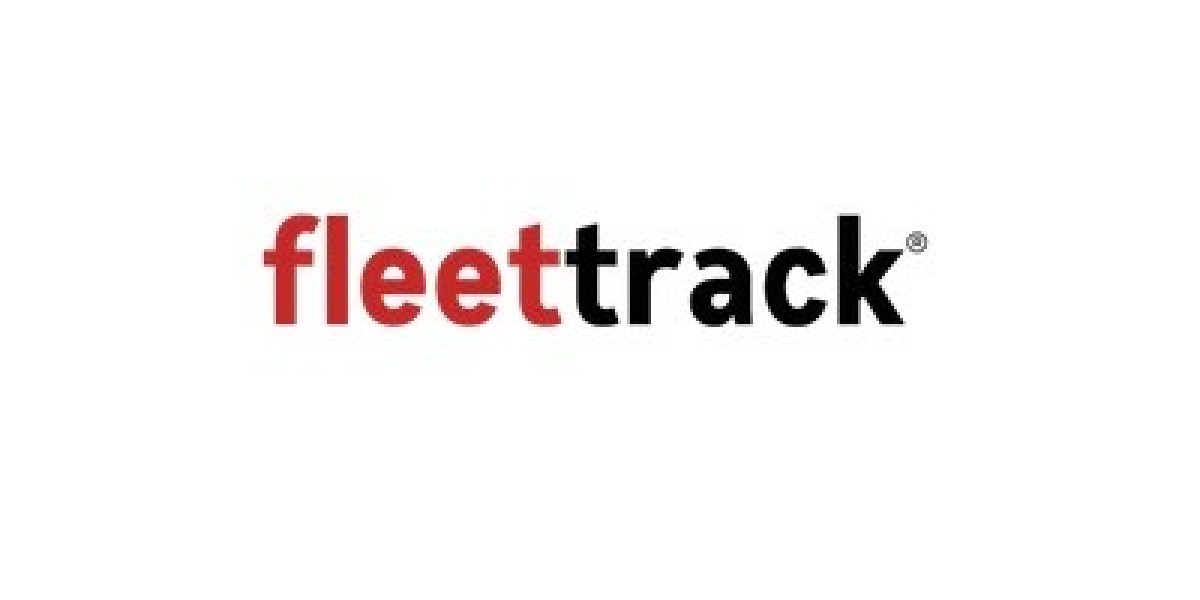A proper record keeping system is crucial for any business as it allows businesses to keep track of important financial and non-financial information. Maintaining accurate records is important for various reasons such as compliance with tax and other regulatory requirements, making well-informed business decisions, and growing the business operation over time. Keeping organized digital or physical records of finances, customers, suppliers, inventory, assets etc. helps bring efficiency to daily tasks and enables long-term planning.
Types of Records to Maintain
Some of the key records that must be maintained by businesses include financial records such as invoices, receipts, bills, bank statements, annual income statements; employee Record Keeping System containing details of salaries, benefits, leaves; tax records for compliance with VAT, income tax and other business tax filing; inventory and assets records updating stock levels and valuable equipment. Other important operational records are purchase orders, sales records, product records, customer records along with correspondence emails and letters. Proper documentation of meeting minutes, contracts signed and intellectual property rights is also advised. Maintaining records in an organized digital format allows for swift retrieval and analysis of data over time.
Essentials of an Effective Record Keeping System
A well-structured record keeping system incorporates standard filing procedures, adequate storage space and facilities for both physical and digitized files. A centralized filing system with categories like financial, legal, HR etc. avoids duplication and aids quick reference. Important documents should be backed up routinely to safeguard against data loss due to hardware or software failure. Access to records must be restricted based on employee job roles to maintain confidentiality. Records in active use could be stored near relevant departments while maintaining off-site backups of critical records provide an additional layer of security. Periodic audits assure procedures are implemented accurately. Electronic databases with search capabilities not only save physical space but also allow collaborating teams to access shared records remotely.
Get more insights on Record Keeping System









